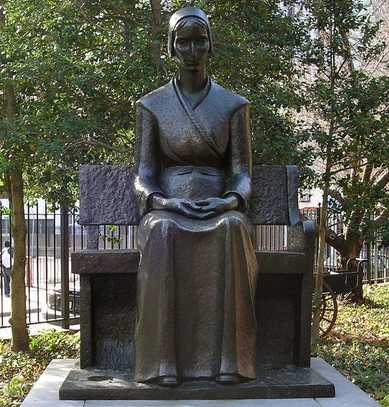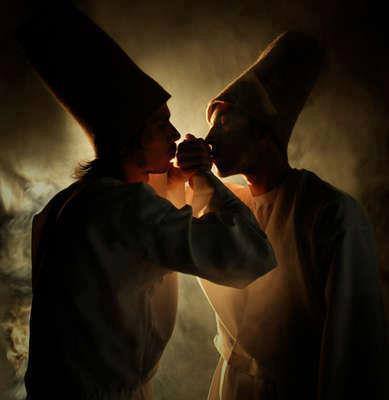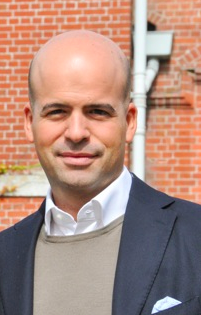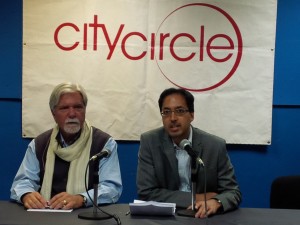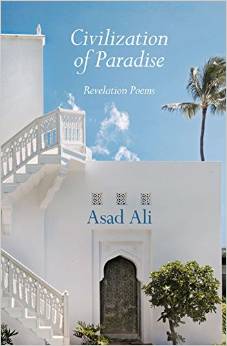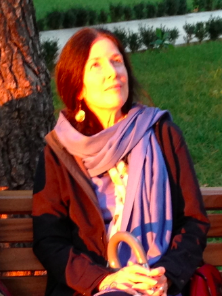CYCLES OF WITNESSING, TREE OF LIFE, Camille Adams Helminski
My ancestry led back directly, I discovered, through Deacon John Dyer and his wife, Freelove Williams, and further back to such a strong woman of Spirit whose story I had never known—Mary Dyer, the only woman in the history of the United States of America to be martyred for religious freedom. It was 1660 when she was hung on Boston Common by the Puritans, for promoting freedom of religious conscience. She went to her death with joy, witnessing to Truth, determined to honor the freedom of each soul to discover and relate to the Truth as he or she felt moved by the “Inner Light.” She was a Quaker.


